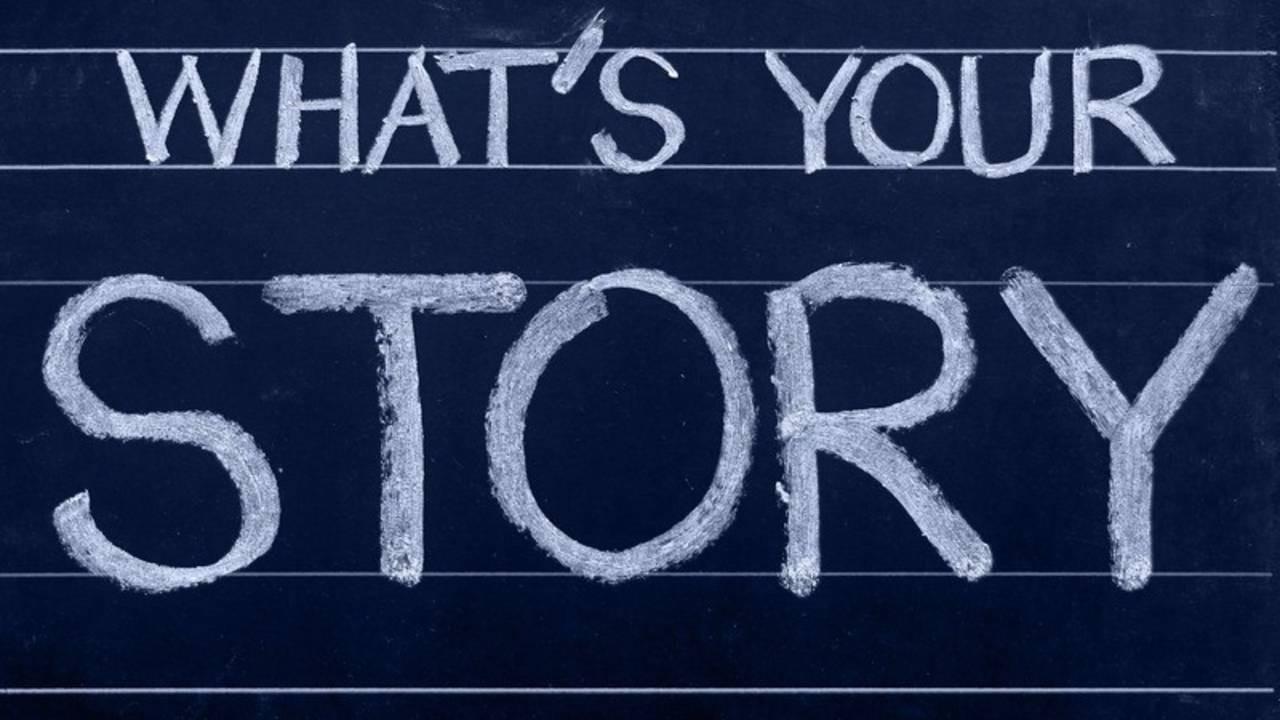Susan Young's
Amplify Blog
Too Many Businesses Are Missing Media Interviews Because of This

If you think your inbox is overflowing with junk messages and stuff you don’t care about, what if it were 100x worse?
This is what reporters are trying to manage.
Every. single. day. 📅
Plus, their jobs are all about tight deadlines, breaking news, crabby bosses, and low pay.
It's nothing new.
Before technology, reporters were drained by irrelevant faxes and phone calls. ☎
Pointless pitches that aren't clearly valuable to their audiences.
Maybe you're wondering why you get crickets when emailing a 3-page self-serving story idea about your book???
You know, the one with 6 attachments, 27 links, and 14 questions. 👀
Reporters need to see something interesting that jumps off the screen.
So how do you grab the attention (and trust) of the media so that you land a coveted interview?
{BECOME A MEDIA MAGNET WITH FREE PUBLICITY. GET THE FREE GUIDE HERE}
When you know why your story is relevant to a reporter and their audience, there's a shift.
You have to know what is newsworthy....
Sidestep Algorithms and Ads to Get in Front of Your Ideal Clients
No clue about algorithms.
No money for ads.
No problem!
You can STILL grow your business and always have warm leads when you learn the strategy I've been using for 20+ years.
My clients, including Maria Swann, use this strategy. Maria now has wait lists--and higher rates! You can, too. 🔥
I explain it in the video above. Check it out!
The Secret to Getting Reporters to Notice You—and Give You Free Publicity

A magazine reporter, Rasheeda, emailed me to request an interview.
✨No pitching.
✨No press releases.
✨No chasing.
Rasheeda—who writes about nonprofit associations—contacted me late Monday.
After exchanging four quick emails, we had the logistics down and the phone interview confirmed for Tuesday morning.
That’s it.
How did Rasheeda find me?
I had been showing up and offering free resources and value in a group we both belong to (not on Facebook😊)
😎Rasheeda was watching.
That was in early 2020.
She first contacted me in March, 2020 when the pandemic hit.🌎
Rasheeda was interviewing a few PR people about the importance of nonprofits having crisis communication plans.
She had seen my posts and poked around my website.
The article ran, I thanked her and that was it.
🤣Within just three months of Rasheeda’s first article being ...
A News Reporter Dishes on Why Your Pitches Are Being Ignored—and How to Fix Them

Hundreds of people over the years have asked me why reporters and podcasters are so dang hard to reach.
Why are they grumpy, uninterested and non-responsive?
Here’s the secret:
Ninety-five percent of the pitches and “great story ideas” that are sent are irrelevant. They aren't newsworthy. They aren't valuable and “worthy” of an audience’s attention and interest.
It's that simple.
I was a radio news reporter and on-air anchor. I received thousands of pitches during my 10-year career in newsrooms in New Jersey and New York.
I decided what was newsworthy. I was the gatekeeper.
My audience depended on my sound judgement to share important, compelling and interesting stories that affected them. The same is true today with reporters—and podcasters. They want subject matter experts—people like YOU!
So, are you relevant to their audience???
Just a Lil' Tweak
One of my...
The #1 Secret to Phenomenal Pitches and Getting Media Interviews

Most entrepreneurs enjoy a flood of ideas, creativity and a-ha moments.
How do you explain your idea to someone else, especially a busy reporter or online influencer who receives irrelevant email and phone pitches daily?
Here’s the secret: Take out your business card. Write your idea on the back of your card. If it doesn’t fit, rip it up and throw it out. Nobody is going to understand it if it’s not clear, concise and compelling.
The “business card” approach is how you have to think of your pitches to reporters and online influencers. When emailing a pitch, for example, all you have is a few words in the subject line to grab someone’s attention.
The subject line must be a magical combination of just the right words…and in the right order. You’ll have to practice and edit. Being clear—and brief—are critical when trying to get publicity to grow your influence and bus...
5 Common Rookie Mistakes to Avoid When Looking for Publicity

“If you want to attract media attention, think like a reporter.”
It’s something many professionals who want to be more visible must learn. But what does it mean? How do reporters think? And why do you need to be privy to this information?
You can’t effectively pitch stories to anyone in traditional or social media if you don’t understand how their minds operate.
How do journalists, bloggers and podcasters decide what is newsworthy and what gets tossed?
I was a news reporter. Please, allow me to share these five common rookie mistakes small business owners should avoid when looking for publicity:
Rookie Mistake #1. I can sell my products and services with an article, post or interview. It’s all about me! When pitching a self-serving story that fails to connect with a specific audience, you’re missing an opportunity to become a trusted and credible resource.
If you want to...
How to Get Reporters to Read Your Email Pitch

Your email pitch hangs on eight words…or less.
The secret to gauging the interest of reporters and influencers who may want to interview you is complicated. The recipient must know from your subject line exactly what you have and why it’s relevant right now. Your goal: immediate clarity. In eight words or less.
A terrific pitch piques the interest of the reader because it’s about their audience. When pitching your story, forget cutesy. It's confusing and irritating to busy reporters. All they want you to do is make your point.
I’ve been on both sides of pitches, as a news reporter and anchor in a chaotic radio newsroom and as a publicity strategist working to get my clients media coverage.
Here are tips from the pros about what gets their attention when sifting through their inbox.
- “The subject line must be clear so I know what you are pitching and why I should be i ...


